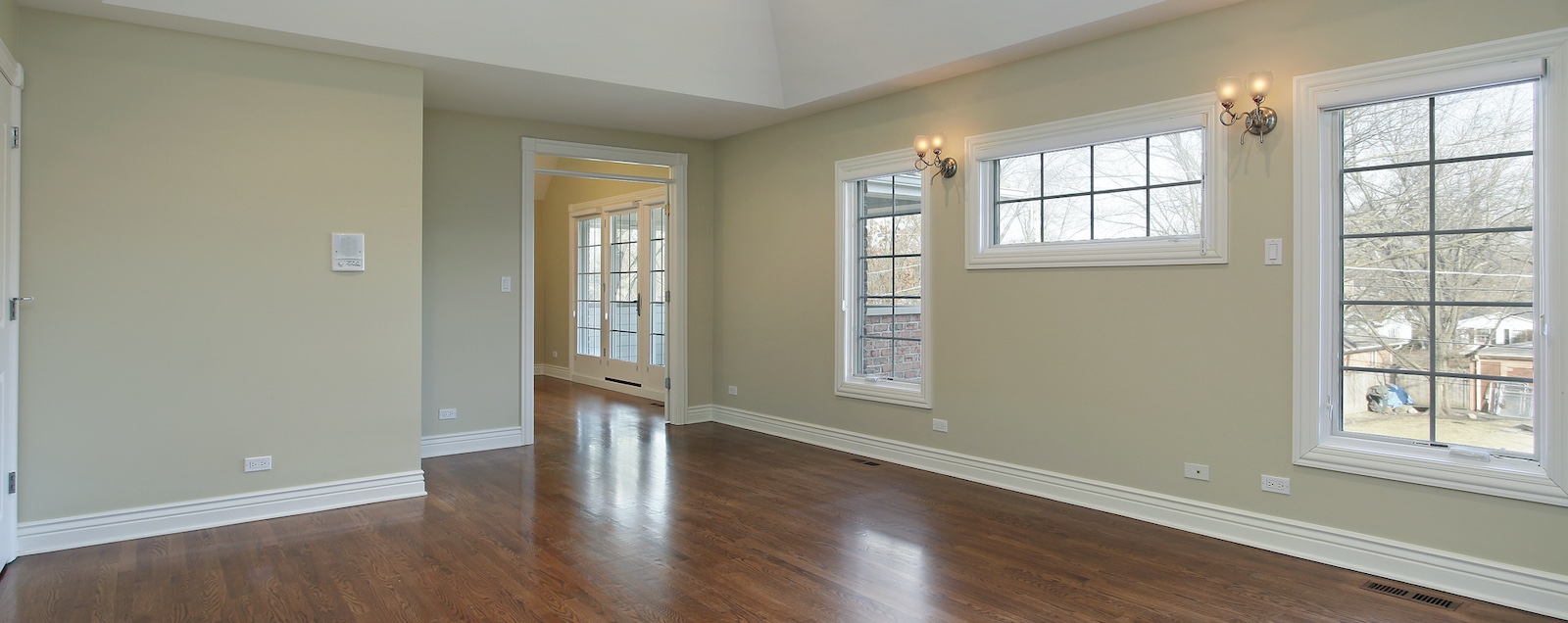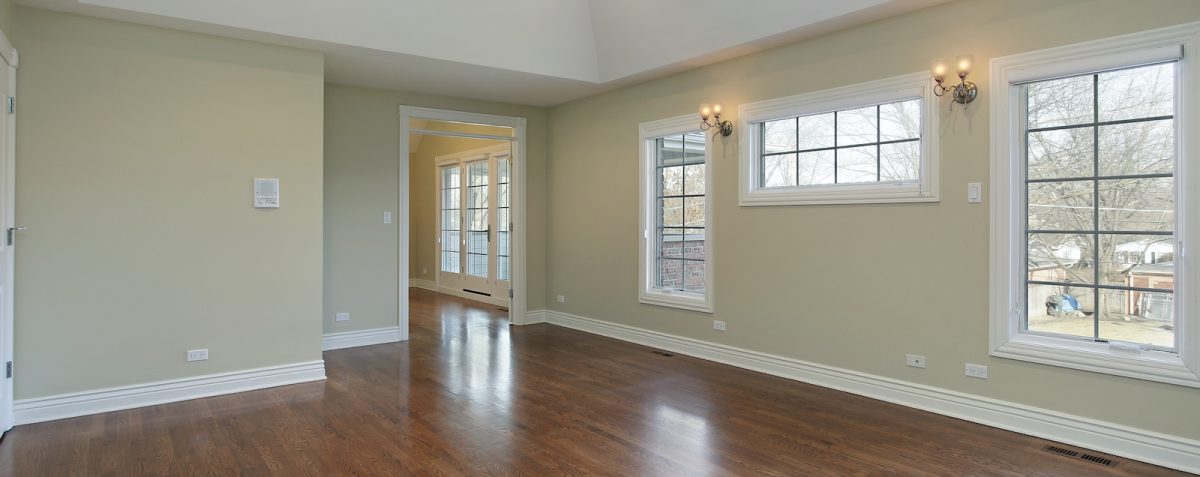
When homeowners consider a full home remodel, one of their first questions is “how long will a full home remodel take?” This is a fundamental question. A full remodel requires the homeowners to uproot their life for a period.
Many individuals and families move into alternative accommodation during the construction period. This can be potentially costly and disruptive, so it’s natural to want to know how long to expect to wait until the remodel will be ready. The question is difficult to answer, however.
Every home remodel differs. That means the times from conception to completion vary. Some stages of home remodel projects have similar time frames, though, no matter the size of the remodel. And it’s possible to make a rough estimate of the rest based on the scale of the remodel. Let’s examine these things more closely.
The Four Phases of Home Remodeling
What shocks most people when looking into home remodeling is the amount of time it takes to get the project underway. The construction phase is relatively short compared to the rest. No matter what size the project is, you can always break it down into four phases:
The Research Phase
Typical time required: 2 weeks – 3 months
When you decide to remodel your home, you need to have an idea of what you want and how you’ll achieve it. Getting ideas and inspiration is one part of this. You also need to consider whether your ideas are achievable and if you have sufficient money for the project.
It’s easy to get carried away at this stage. People sometimes plan something that will come in way over budget or isn’t possible for a property. Therefore, this is also the time to start consulting experts. Family and friends can also provide insights and ideas to ensure your project is doable.
How long this stage takes depends on how long you’ve been thinking about the project already and how much research you have done. If you’ve recently decided to remodel, this phase will take longer than if you’ve had it in the pipeline.
The Planning Stage
Typical time required: 1 – 4 months
This is where your ideas appear on paper. You’ll need the help of experts such as architects and home remodeling companies to ensure your plans are realistic and achievable.
Having it on paper means more than just a sketch. The design will include proper measurements and dimensions as well as a list of all materials required, which contractors you’ll need, and accurate costings. This stage can include many revisions, which means going back and forth until the final plans take shape.
The Prepping Stage
Typical time required: 1 – 4 months
Now you have your plans on paper; you need to get all the relevant permits and approvals to carry out the work. For this part, you’re in the hands of the issuing body. They can be as fast or slow as they like. Ultimately, as long as all your paperwork is in order, you must simply wait.
While waiting, it’s a good idea to start booking and scheduling the contractors who will carry out the remodel. This is where the project completion timeline will become clearer because it all rides on when contractors can carry out the work.
Keep in mind that contractors will already have commitments to other customers. They may not be able to get to your project right away. Things like this can hold up home remodel projects, so bear such potential delays in mind.
The Construction Phase
Typical time required 2 – 6 months
Finally, the work can begin. Once your first contractor starts working on your project, you will begin to see the light at the end of the tunnel. However, even though your remodel is underway, several issues can lead to delays. Therefore, it’s worth factoring in additional time to cover you if anything goes wrong.
Common delays include:
• Adverse weather conditions: Extreme weather can easily halt or delay a remodeling project. A tip is to try and plan for the work to happen during mild or good weather seasons.
• Unforeseen problems: Occasionally, particularly with older properties, problems can be uncovered once the works begin. This could be hidden structural issues, problems with rot, leaks, or even faulty electrical wiring. Putting these issues right will take extra time and money.
• Contractor issues: A contractor can fall sick and not be able to work or have another project run over the deadline. These delays are likely to have a knock-on effect on your project. Often, one contractor cannot begin work until the previous contractor has finished.
How to Speed the Project Up
It’s natural to want the project to move as quickly as possible. The good news is that you can do several things to keep the project on track:
- Hire home remodeling experts: While it’s certainly cheaper to go the DIY route, it’s often a lot rockier. Unforeseen issues are more common. Hiring home remodeling experts will give you expert guidance and advice during the planning stages and a team of trusted professionals and contractors to carry out the work.
- Be 100% sure before starting: Changing your mind on part of the remodel halfway through the project can lead to significant delays. Taking extra time during the planning stages to get everything right will save you from major headaches later down the line.
- Give your project wiggle room: It’s always better to budget too much time than not enough. Expect the unexpected and give your project more time than it needs. That way, if a delay occurs, you will already have planned for it.
If you want it done correctly, home remodeling isn’t a quick job. Therefore, set your expectations accurately. You’ll save yourself a lot of frustration and ensure that your remodeling moves as efficiently and effectively as possible.

